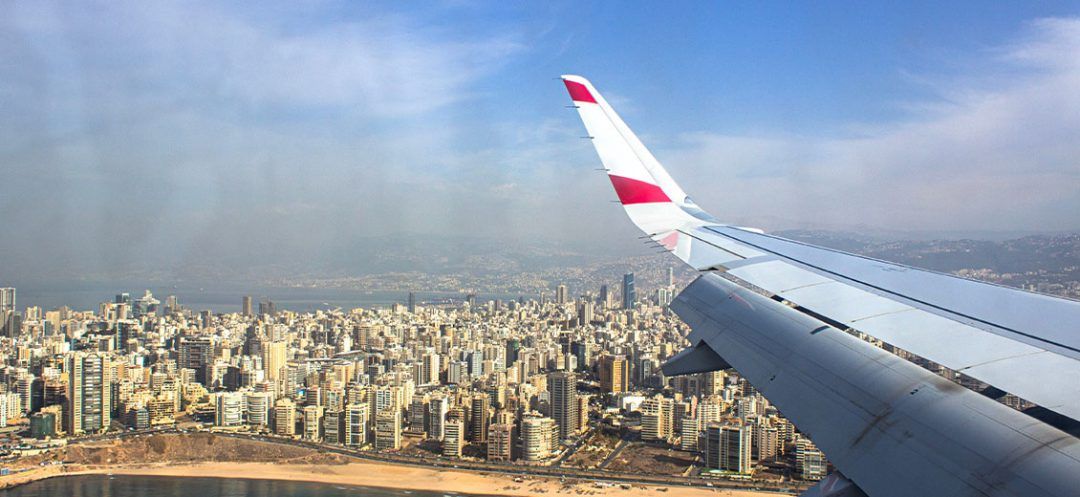
Although the summer of 2024 started with a bang, it seems less promising than that of 2023. The initial figures for the season are not as good as those of last year, although they remain satisfactory overall. One thing is certain: Lebanon has once again won over the hearts of expatriates.
Despite the ongoing conflict in Gaza and southern Lebanon, the economic recovery since winter and spring has been impressive, driven by a continuous influx of expatriate visitors. In fact, Lebanon looks forward to these summer months to generate significant profits. In 2023, the tourism sector contributed 30% to the GDP, with revenues amounting to $6 billion. However, these figures will undoubtedly be difficult to achieve this year, as the revenues generated by this flow of visitors were around $3.8 billion in the summer of 2023, $3.5 billion for the summer of 2022, compared to $1.2 billion in 2021.
Jean Abboud, the president of the Union of Travel and Tourism Agencies in Lebanon, describes the season as "excellent." Nearly 14,000 people arrive daily at the Beirut International Airport (BIA), with 85 to 90 flights landing each day. He assures that summer of 2024 is performing as well as the previous year. Abboud highlights that aircraft occupancy rates are above 96% and that additional flights have been introduced to meet the rising demand. He also notes that "bookings for August continue to increase, with this month representing the peak of summer." He indicates that Arab tourists constitute about 25% of total arrivals, with the majority coming from Jordan, Iraq and Egypt.
Khaled Naha, the vice president of the Restaurant Owners' Union, tells This is Beirut that 2024 has not matched the performance of 2023, a year in which venues were fully booked throughout the season and achieved exceptional revenues, surpassing pre-2019 crisis levels. He attributes this downturn to concerns over the ongoing war and the risk of airport closures. Naha notes that while restaurants, cafés, beaches and nightclubs are crowded on weekends, attendance drops significantly during the week. He explains that 70% of tourists are Lebanese expatriates who often stay with family, 25% are Arabs (mainly Iraqis, Egyptians and Jordanians), and 5% are Europeans and Americans, who typically visit with their Lebanese expatriate friends or to attend weddings.
Naha further explains that several local and international brands have opened in Lebanon this year, noting that the tourism sector provides employment for many Lebanese and attracts foreign visitors. He highlights that 10,000 Lebanese have returned to work in Lebanon's restaurant industry. However, he also points out that costs and expenses have significantly risen due to global inflation on the one hand, and the cost of electricity and water in Lebanon on the other.
As for hotels, however, the season has been "catastrophic." Pierre Achkar, the president of the Federation of Tourism and Hotel Owners’ Unions, told This is Beirut that occupancy rates are below 30%, down from 70% in 2023. He expects that August will be even worse, and notes regretfully that Lebanon did not choose to be in a state of war.
According to Achkar, the hotel industry is facing severe challenges, underlining that most expatriates have their housing accommodations in Lebanon. He emphasizes that hotels are struggling, as they need an occupancy rate of 30% to 50% to cover operating expenses. Moreover, he observes that traditional hotels are losing popularity, with expatriates and tourists preferring guesthouses or boutique hotels. The occupancy rates for traditional hotels are dropping, as the trend shifts towards smaller, upscale properties like Relais & Châteaux and guesthouses. Additionally, Airbnb has taken a significant share of the market.
Furthermore, guesthouses are experiencing a decline in performance compared to last year. Ramzi Salman, the president of the Union of Guest House Owners, reports a significant drop in both occupancy rates and dining services. He estimates that performance has decreased by 20% from last year, though this figure may vary by location. While Salman believes that the decline is quite significant, he does not perceive it as disastrous, still emphasizing that the season is far from matching last year’s performance.
Read more



Comments